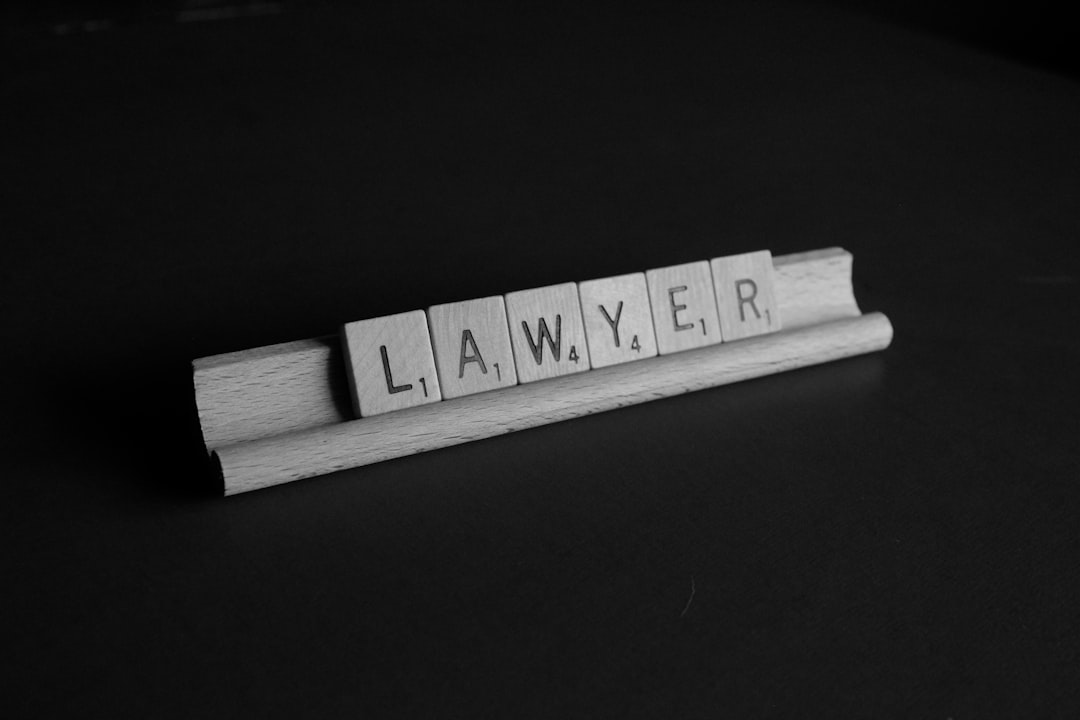Securing client data is paramount in the legal sector, driving the adoption of advanced law office equipment. Essential tools include encrypted software for digital archives and secure document storage systems. Law offices must also employ stringent data management practices like 2FA, regular backups, cybersecurity training, and access permission reviews to maintain confidentiality and comply with regulations like GDPR or CCPA.
In today’s digital landscape, securing client data is paramount for law offices. This comprehensive guide explores the critical aspects of law office data security, equipping legal professionals with essential tools and best practices. From understanding the unique needs of sensitive legal information to implementing robust cybersecurity measures, this article offers valuable insights into safeguarding client data using state-of-the-art law office equipment.
- Understanding Law Office Data Security Needs
- Essential Tools for Protecting Client Information
- Best Practices for Secure Data Management
Understanding Law Office Data Security Needs
In the dynamic landscape of legal services, securing client data is paramount. Law offices handle highly sensitive information, making data security a top priority. These institutions require robust tools to safeguard not just digital files but also physical documents and equipment. Understanding this critical need, modern law office equipment is designed with enhanced security features. From encrypted software to secure document storage systems, these innovations ensure client confidentiality and compliance with legal data protection regulations.
Essential Tools for Protecting Client Information
In today’s digital age, protecting client data is paramount, especially for law offices handling sensitive information. Law office equipment plays a crucial role in this regard, offering various tools designed to safeguard confidential details. One essential tool is secure document storage software, which allows for encrypted digital archives, ensuring only authorized personnel can access critical files.
Additionally, encryption technology for data transmission is vital. End-to-end encryption guarantees that client communications remain private and secure during transit, preventing unauthorized access or interception. These security measures not only comply with legal obligations but also instill trust in clients, assuring them that their information is protected by state-of-the-art law office equipment and protocols.
Best Practices for Secure Data Management
In the legal sector, managing client data securely is paramount. Law offices should implement robust best practices for data management to ensure confidentiality and compliance with privacy regulations like GDPR or CCPA. This includes using encrypted devices and software, regularly updating security patches, and limiting access to sensitive information only to authorized personnel. Employing secure file-sharing platforms and implementing two-factor authentication (2FA) adds an extra layer of protection.
Moreover, regular data backups are essential for disaster recovery. Law offices should store backup copies in secure off-site locations or use cloud-based solutions with robust encryption. Additionally, training staff on security protocols is crucial. Educating employees about phishing scams, social engineering tactics, and the importance of strong passwords fosters a culture of cybersecurity awareness. Regular reviews of access permissions and system logs help identify potential vulnerabilities. Using specialized law office equipment designed with security in mind can significantly strengthen data protection measures.
In today’s digital landscape, securing client data is paramount for law offices. By understanding the unique security needs of legal practices and adopting essential tools like encryption software and secure cloud storage, firms can protect sensitive information effectively. Implementing best practices such as access controls and regular backups ensures a robust data management strategy. Investing in these secure law office equipment and procedures not only safeguards client privacy but also builds trust and maintains compliance with legal regulations.
